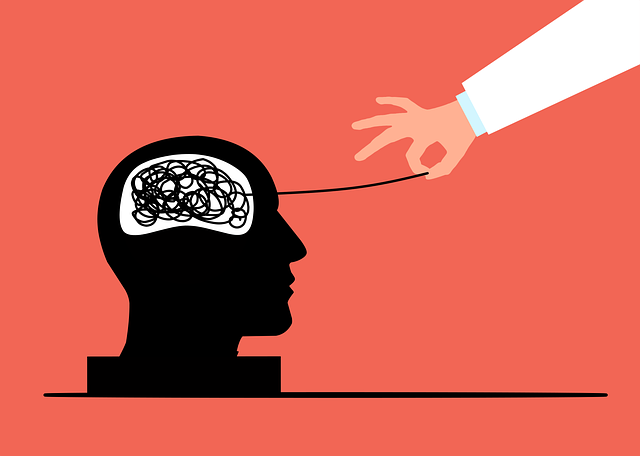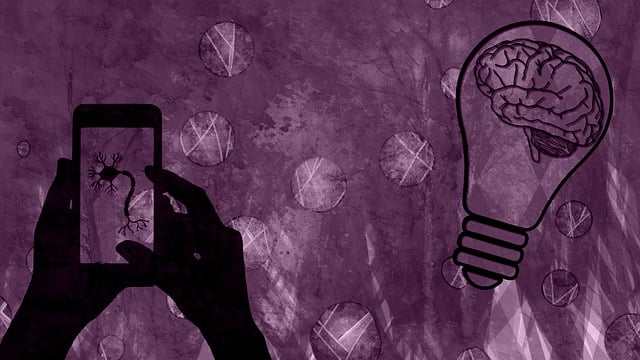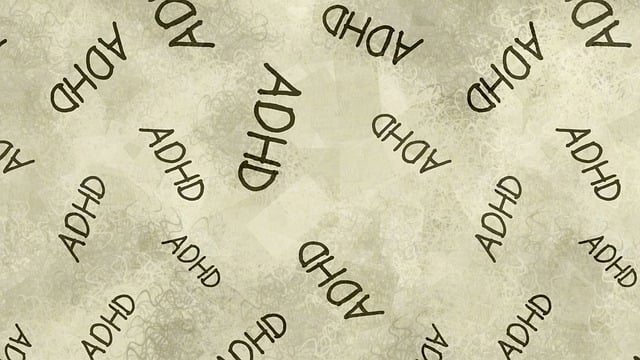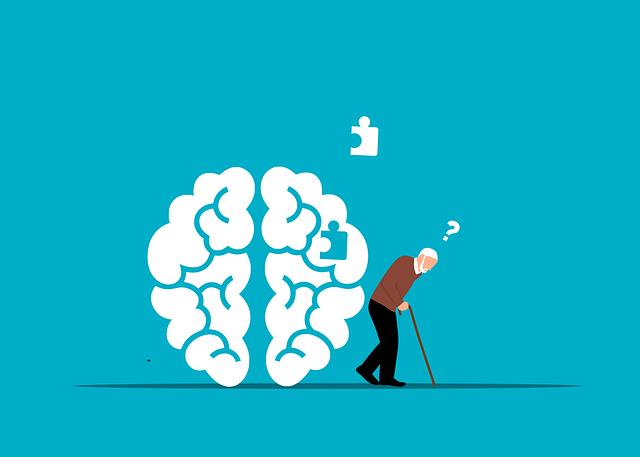Mental illness stigma, driven by misinformation and fear, causes significant emotional distress and hinders access to care. Evidence-based therapies like Littleton Exposure and Response Prevention Therapy (ERPT) offer effective solutions. ERPT combines exposure therapy with cognitive behavioral techniques to challenge negative thoughts about mental health, boost self-perception, and promote well-being. Community initiatives focusing on mental health awareness and stigma reduction, supported by professionals conducting risk assessments and integrating ERPT, create supportive environments that foster empathy and open conversations, ultimately lessening stigma.
Mental illness stigma remains a significant barrier to treatment and recovery. This article delves into the multifaceted issue, exploring its causes and profound impact on individuals and communities. We present innovative approaches like Littleton Exposure and Response Prevention Therapy, which offers a powerful tool in fighting stigma by challenging negative beliefs through gradual exposure. Furthermore, we offer practical strategies for effective stigma reduction efforts in community settings, emphasizing the role of education, support groups, and policy changes.
- Understanding Mental Illness Stigma: Causes and Impact
- Littleton Exposure and Response Prevention Therapy: A Innovative Approach
- Strategies for Effective Stigma Reduction in Community Settings
Understanding Mental Illness Stigma: Causes and Impact

Mental illness stigma, a pervasive and detrimental social construct, stems from various sources, including misinformation, fear, and historical misconceptions. It often manifests as negative attitudes, beliefs, and discrimination toward individuals experiencing mental health challenges. This stigma significantly impacts those affected, leading to increased isolation, reduced access to quality care, and even suicide attempts in severe cases. The consequences are far-reaching, hindering not just the individual’s emotional well-being but also their overall mental wellness and ability to thrive.
One effective approach to combat this issue is through evidence-based practices such as Littleton Exposure and Response Prevention Therapy (ERP). ERP helps individuals confront and modify negative thoughts and behaviors associated with stigma. By promoting mental wellness journaling exercises and providing guidance on emotional well-being promotion techniques, ERP facilitates resilience building, enabling people to challenge stigmatic beliefs and promote a more positive perception of mental health.
Littleton Exposure and Response Prevention Therapy: A Innovative Approach

Littleton Exposure and Response Prevention Therapy (LERP) is an innovative approach that combines exposure therapy with response prevention techniques to address mental illness stigma. By gradually exposing individuals to situations or triggers associated with their anxiety or fear, LERP helps them learn to manage and reduce avoidance behaviors. This therapy empowers patients to challenge negative thoughts and beliefs associated with mental health, fostering a more positive self-perception and improving their overall well-being.
The integration of self-care routine development within LERP further enhances the emotional healing processes. Encouraging clients to engage in consistent self-care practices, such as regular exercise, mindfulness activities, and stress management techniques, supports their mental health recovery journey alongside therapy sessions. Additionally, designing comprehensive mental health education programs that complement LERP can provide individuals with valuable insights into their conditions, empowering them to actively participate in their treatment plans and reduce the stigma they may face in seeking help for better mental health.
Strategies for Effective Stigma Reduction in Community Settings

Stigma reduction efforts in community settings play a pivotal role in fostering mental health parity and well-being. One effective strategy is Littleton Exposure and Response Prevention Therapy (ERPT), which leverages cognitive behavioral therapy techniques to help individuals confront and overcome stigma-related anxiety through gradual exposure to stigmatizing situations or beliefs, coupled with evidence-based coping skills development. This approach empowers people to challenge negative stereotypes and reframe their perspectives on mental illness.
Additionally, mental health professionals can contribute significantly by conducting thorough risk assessments to identify potential triggers for stigma among clients. By integrating mental health awareness initiatives into community programming, educators, healthcare providers, and peers can dispel myths, promote empathy, and encourage early intervention. Through these collaborative efforts, communities can create a more supportive environment that facilitates open conversations about mental health, ultimately reducing stigma and enhancing coping skills development for individuals living with mental illness.
Mental illness stigma, a significant barrier to treatment, can be effectively challenged through various strategies, including education, supportive community initiatives, and innovative therapeutic approaches like Littleton Exposure and Response Prevention Therapy. By integrating these methods, we can foster understanding, reduce prejudice, and create inclusive environments that support individuals living with mental health conditions. Continued efforts are crucial to ensure everyone receives the care they need without fear of judgment or discrimination.














